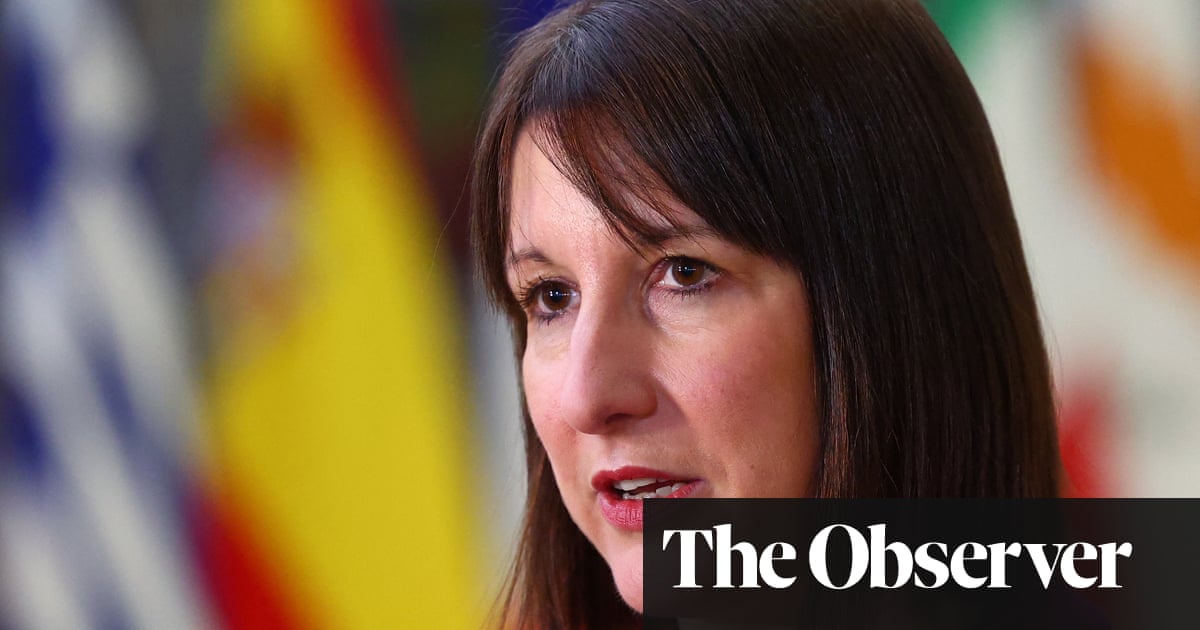UK inflation rises 2.2%, remains slightly less than expected in July

- by Admin
- August 14, 2024

Wednesday’s data showed that annual services price inflation fell to 5.2 per cent in July from June’s 5.7 per cent | Photo: Bloomberg
British consumer price inflation increased for the first time this year in July, official figures showed on Wednesday, but the rise was smaller than expected as services prices – closely watched by the Bank of England – rose much less sharply.
The annual rate of consumer price inflation increased to 2.2 per cent after two months at the Bank of England’s 2 per cent target, the Office for National Statistics said, slightly less than the median 2.3 per cent forecast in a Reuters poll of economists.
Sterling fell sharply against the US dollar after the data was published on Wednesday and financial markets priced in a 47 per cent chance of a quarter-point BoE rate cut in September, up from 36 per cent before the data was released.
When the BoE cut interest rates from a 16-year high of 5.25 per cent at the start of this month, it said May and June’s 2 per cent inflation readings probably marked a low point for inflation.
The central bank expected CPI to rise to 2.4 per cent in July and reach around 2.75 per cent by the end of the year as the effect of sharp falls in energy prices in 2023 faded, before returning to 2 per cent in the first half of 2026.
“Today’s data will give the Bank’s Monetary Policy Committee some measure of confidence that domestic price pressures are less likely to derail a sustainable return to the 2 per cent target,” Martin Sartorius, principal economist at the Confederation of British Industry, said.
British inflation peaked at a 41-year high of 11.1 per cent in October 2022 driven by a surge in energy and food prices after Russia’s full-scale invasion of Ukraine as well as COVID-19 labour shortages and supply chain disruption.
Consumer price inflation is still lower than in the euro zone, where the European Central Bank cut interest rates in June, and in the United States, where the Federal Reserve is widely expected to begin cutting rates next month.
The BoE remains relatively focused on longer-term inflation pressures, including services prices and wages as well as general labour market slack.
Wednesday’s data showed that annual services price inflation fell to 5.2 per cent in July from June’s 5.7 per cent, lower than the Reuters poll forecast of 5.5 per cent and the lowest since June 2022. BoE staff had predicted a drop to 5.6 per cent.
The fall in services price inflation reflected a reversal in June’s sharp increase in the cost of hotels, as well as downward pressure from air fares, roadside recovery services, package holidays and cultural services including live music.
Many economists attributed some of June’s increase to concert tours in Britain, including one by US singer Taylor Swift, although the ONS said it was not possible to draw a definite link.
Official data on Tuesday showed that annual wage growth excluding bonuses slowed to its lowest in nearly two years at 5.4 per cent, in line with economists’ forecasts but still nearly double the rate the BoE sees as consistent with CPI staying at 2 per cent.
(Only the headline and picture of this report may have been reworked by the Business Standard staff; the rest of the content is auto-generated from a syndicated feed.)
First Published: Aug 14 2024 | 1:07 PM IST
The Latest News
-
December 22, 2024Elon Musk’s British cousin reveals how brutally world’s richest man snubbed him: ‘I’m shocked that…’
-
December 22, 2024‘Labour will torpedo my firm’: One of Britain’s OLDEST family businesses says inheritance tax plans could destroy his finances in ‘blink of an eye’ after 250 years of trading
-
December 22, 2024UK Weather: Wind messes up UK travel plans
-
December 22, 2024Life in one of Britain’s most miserable towns: Locals in Barking blast council ‘shambles’ and say shopping centre is so empty it is like living in a ‘ghost town’
-
December 22, 2024Christmas travel chaos continues with 100 Heathrow flights cancelled amid severe 80mph wind weather warnings





